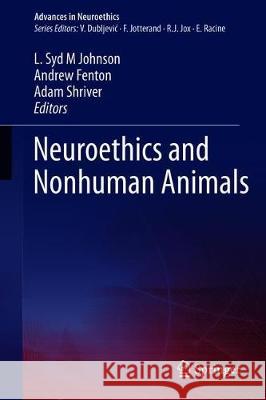Neuroethics and Nonhuman Animals » książka
topmenu
Neuroethics and Nonhuman Animals
ISBN-13: 9783030310103 / Angielski / Twarda / 2020 / 310 str.
Neuroethics and Nonhuman Animals
ISBN-13: 9783030310103 / Angielski / Twarda / 2020 / 310 str.
cena 602,40
(netto: 573,71 VAT: 5%)
Najniższa cena z 30 dni: 578,30
(netto: 573,71 VAT: 5%)
Najniższa cena z 30 dni: 578,30
Termin realizacji zamówienia:
ok. 22 dni roboczych.
ok. 22 dni roboczych.
Darmowa dostawa!
Kategorie BISAC:
Wydawca:
Springer
Seria wydawnicza:
Język:
Angielski
ISBN-13:
9783030310103
Rok wydania:
2020
Wydanie:
2020
Numer serii:
000810843
Ilość stron:
310
Waga:
0.77 kg
Wymiary:
23.62 x 17.02 x 2.03
Oprawa:
Twarda
Wolumenów:
01











